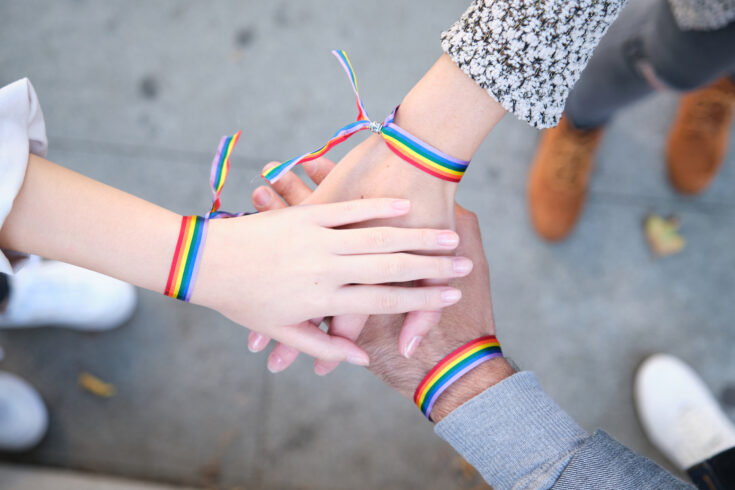The loss of safe and supportive spaces and peer groups has impacted on the mental health, wellbeing and safety of LGBT+ communities in the UK.
A study funded by the Economic and Social Research Council (ESRC) council has established the impact of the COVID-19 pandemic on the UK’s LGBT+ communities.
The study by NatCen Social Research is the first large-scale review of evidence on the experiences of LGBT+ people in Britain during the pandemic.
Loneliness and difficulty accessing services
The study reviewed surveys and research studies conducted during the pandemic. They show that trans and younger LGBT+ people reported being more likely to:
- self-harm
- attempt or think about suicide.
This is attributed to increased feelings of loneliness and isolation, compounded by difficulties accessing mental health support during lockdowns.
Trans participants in research studies also described how lockdowns and reduced access to medication and transition-related care during the pandemic had exacerbated gender dysphoria and mental health difficulties.
Members of the LGBT+ community also reported increased substance use and impacts on their financial wellbeing during the pandemic.
Nathan Hudson, Research Director at NatCen, said:
LGBT+ communities’ experiences of the COVID-19 pandemic have been wide-ranging, with negative impacts on mental health, safety and access to services.
That there are significant evidence gaps for particular LGBT+ communities is concerning, and shows the need for further research to help ensure no group is left behind in our recovery from COVID-19.
Evidence gaps
The research highlights a need to explore the experiences of specific groups, in particular LGBT+ people from Black, Asian and minority ethnic communities, as well as LGBT+ disabled people, for which there are significant evidence gaps.
The research team is currently conducting focus group research with underrepresented LGBT+ communities to fill these gaps and will publish the findings in due course.
Paul Roberts, chief executive of Consortium, the UK’s umbrella body for LGBT+ voluntary and community organisations, said:
These findings are important as they confirm what LGBT+ organisations have been saying during the pandemic. Our communities have been hard hit when many inequalities already existed.
I am pleased this research will now go further and look at what solutions we can put in place to create stronger, sustainable and resilient LGBT+ communities.
If you need support or information contact Switchboard.
Find out how UK Research and Innovation promotes equality, diversity and inclusion here.
Last updated: 31 January 2025

